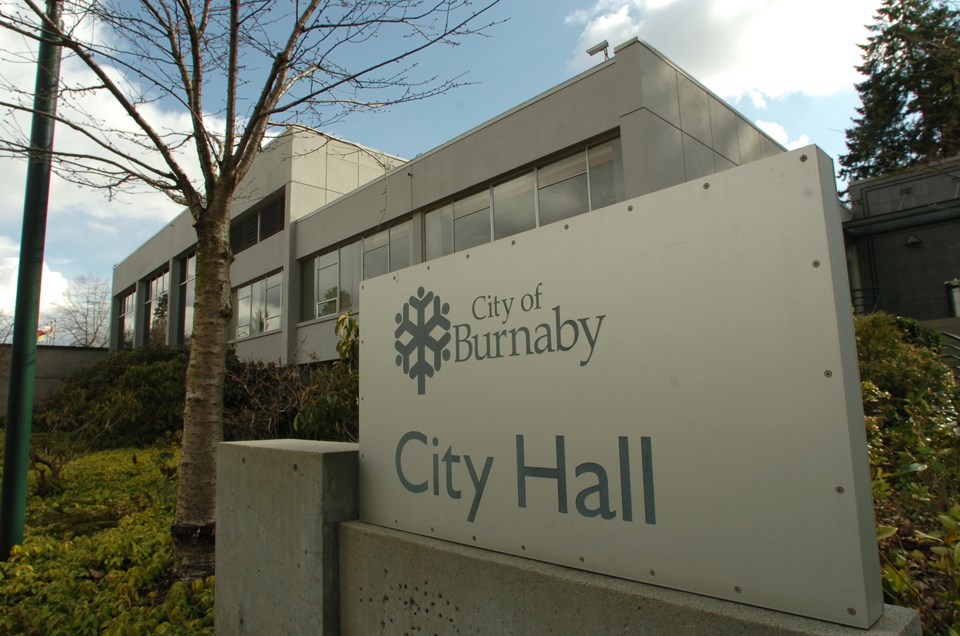Burnaby council is worried that B.C. Emergency Health Services is taking the human touch out of its decision-making policies.
Coun. Colleen Jordan spoke on the issue at the July 6 council meeting, after the city received a letter from Dr. William Dick, vice-president of medical programs for the organization, which oversees the B.C. Ambulance Service.
“I want to assure you that the medical priority dispatch system is entirely robust and sound in its function,” he wrote, adding the service is meant to prioritize patient calls in an efficient manner. “One function of MPDS is to take the subjective human judgment out of the decision-making process. We know from experience and a robust suite of research in prehospital medical care, that the interjection of subjective human judgement into the call-taking process with MPDS leads to untoward and unforeseen outcomes in patient prioritization.”
Ignoring the assessments of first responders on the scene because they differ from the assessment of the dispatch system puts people at risk, Jordan said.
“I hope what our staff will relate to BCEHS is that the human decision-making judgement of our first responders when they arrive at the scene should be a Number 1 priority, so when our first responders arrive at the scene and realize that this incident, whatever, might be an accident, perhaps misquoted, perhaps misunderstood,” she said. “If there’s a need for a higher level of response from ambulance service, that that human intervention should be taken as the highest priority call and they should have the ability to override original dispatch orders.”
Burnaby Mayor Derek Corrigan agreed with Jordan.
“I always thought doctors were human, but he’s disagreeing with me,” he said. “I can’t imagine not wanting human judgment to be part of our medical decisions, that’s what we depend on doctors for. So, it’s peculiar wording.”
Firefighters, often first responders to medical emergencies as well as fires in Burnaby, should be able to override protocols and determine if an incident is a medical emergency, he said.
“Our fire department attends a great many emergencies and can recognize if someone needs immediate care from an ambulance,” he added.
First responders have been demoralized by the dispatching methods changed a year and a half ago, and are concerned about the outcomes for the people they’re trying to help, Corrigan said.
“It bothers our firefighters if they’re not able to follow-up and ensure that the patient they had is treated in the proper way,” he said. “I know it concerns them, and they don’t need to lose sleep at night over whether there was proper care administered once that patient left their hands.”
Council had initially directed city staff to write B.C. Emergency Health Services because of complaints the city was receiving about response times to emergencies in Burnaby, after the resource allocation plan for the B.C. Ambulance Service was changed.
As of October 2013, more calls have been designated as routine and medically do not require a lights-and-siren response. But ambulances still attend every call.
“We will continue to fight this battle,” Corrigan said.



